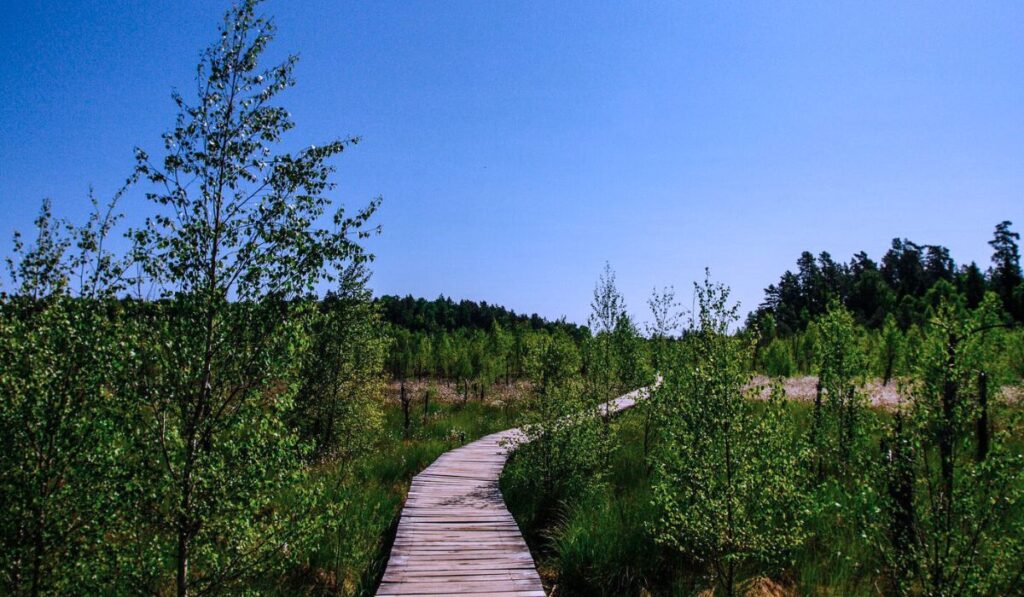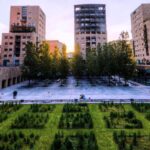In the hustle and bustle of modern life, it’s easy to lose sight of the natural world that surrounds us. Yet, amidst the concrete jungles and technological marvels, lies a timeless classroom – nature itself. From the delicate dance of a butterfly to the majestic sway of a towering tree, every aspect of the natural world holds valuable lessons waiting to be learned. Embracing eco-wisdom, we can unlock a deeper understanding of our environment and cultivate a more harmonious relationship with the world around us.
Lesson 1: Adaptation and Resilience
Nature is the ultimate master of adaptation and resilience. From the arid deserts to the frozen tundra, life finds a way to thrive in even the harshest of conditions. Take, for example, the resilient succulents that store water in their leaves to survive in drought-stricken environments. Or the Antarctic creatures that endure subzero temperatures by developing specialized insulation. In the face of adversity, nature teaches us the importance of flexibility, perseverance, and the ability to adapt to changing circumstances.
Lesson 2: Interconnectedness
At the heart of nature lies a complex web of interconnected relationships. From the microscopic bacteria in the soil to the towering trees that shade the forest floor, every organism plays a vital role in maintaining the balance of ecosystems. This interconnectedness serves as a powerful reminder of the importance of cooperation and collaboration in our own lives. Just as a forest relies on the symbiotic relationships between its inhabitants, so too do we depend on the support and cooperation of those around us.
Lesson 3: Sustainable Living
In nature, waste is virtually non-existent. Every resource is carefully utilized and recycled in a continuous cycle of renewal. Fallen leaves enrich the soil, providing nutrients for new growth. Predators and prey form a delicate balance, ensuring the health of the ecosystem. By observing nature’s example, we can learn valuable lessons in sustainable living. From reducing our consumption and waste to embracing renewable energy sources, there is much we can do to minimize our impact on the environment and live in harmony with the natural world.
Lesson 4: Resilience in Diversity
Diversity is not only a hallmark of natural ecosystems but also a source of strength and resilience. A diverse range of species ensures that ecosystems can adapt to changing conditions and recover from disturbances more effectively. Similarly, embracing diversity in our communities and workplaces fosters innovation, creativity, and resilience. By valuing and celebrating our differences, we can build stronger, more inclusive societies that are better equipped to face the challenges of the future.
Lesson 5: The Beauty of Imperfection
In nature, perfection is often found in imperfection. A gnarled tree trunk tells the story of years of growth and resilience. A meandering river carves its path through the landscape, creating beauty in its twists and turns. Embracing imperfection allows us to appreciate the unique character and beauty of the natural world, as well as our own flaws and vulnerabilities. It reminds us that it is our differences and imperfections that make us truly beautiful and resilient.
In conclusion, nature is a boundless source of wisdom and inspiration. By observing and learning from the natural world, we can gain valuable insights into adaptation, interconnectedness, sustainability, diversity, and the beauty of imperfection. As stewards of the planet, it is our responsibility to heed these lessons and strive to live in harmony with nature, not only for our own well-being but for the health and vitality of the planet as a whole. Eco-wisdom offers us a roadmap for creating a more sustainable and resilient future – one where humanity and nature thrive in harmony.


